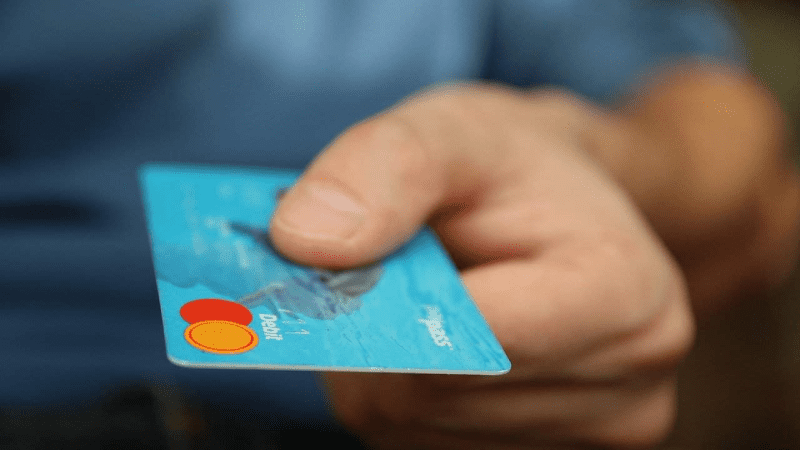This week, Florida TaxWatch (FTW) released “An Inappropriate Cost of Doing Business: Paying the Interchange Fee on Sales Tax for Credit Card Purchases.”
In the commentary, FTW evaluated interchange fees, or “swipe fees,” that businesses are required to pay the processing company when a credit or debit card is used at their store’s payment terminal. The taxpayer research institute also assessed the sales tax-related implications of these transactional fees and considers how they may be addressed moving forward.
Florida TaxWatch President and CEO Dominic Calabro weighed in on the findings.
“On the front line of Florida’s smart and effective tax collection system are retailers who collect sales taxes on behalf of the state. While there have always been costs associated with accounting for and processing the cash collected, the system has largely been simple and cost effective to administer. But there is an increasing burden that must now be considered: With the proliferation of electronic payments, swipe fees on the sales tax portion of transactions are becoming an unfair burden on both retailers and their customers,” Calabro said.
“Credit and debit card utilization has increased dramatically in the last decade, and in 2021, there were 196 million credit card users in the Unites States. These forms of payment are a convenience for consumers and merchants alike, but it comes at a cost. For businesses, it is through interchange fees and other costs from processing companies. These fees are often absorbed by the merchant or built into the price of goods sold, but there is one portion that is being thrust onto businesses, costing all consumers and taxpayers, and that is ‘swipe fees’ on sales taxes,” he added. “When it comes to sales tax in particular, Florida TaxWatch believes the burden of interchange fees should remain on the parties directly engaging in paying or ultimately receiving that money. To be clear, we know sales tax is essential to maintaining a strong, diverse economy – that’s why we pushed for Florida to pass e-fairness legislation for decades before it finally happened in 2021 – but there is an obvious need to develop an alternative method for the state to collect its sales tax on credit or debit card ‘swipes.’ It is unfair for businesses to shoulder the burden of fees that do not benefit them. In a market system, these charges are ultimately passed along to taxpayers and consumers through higher costs, whether we pay in cash or not. Florida TaxWatch stands ready to assist policymakers with recommendations to make a change and end this unreasonable punishment of retailers.”
FTW stated that interchange fees are set by processing companies like VISA, MasterCard, and American Express, and businesses are responsible for paying them twice for every transaction – once for the item(s) purchased and once for the sales tax collected by the state – in addition to the rental and network connection costs associated with their stores’ payment terminals.
According to FTW, while the retailer is paying interchange fees on both purchases and the sales tax portions of transactions, they only directly benefit from the underlying purchase. They receive nothing from the sales tax, they are simply intermediaries between the customer and the state, and yet they must cover these fees or pass them on to the consumer.
FTW outlined three scenarios that should be considered:
Scenario 1: Allow the interchange fee to be charged on both the sale of the goods or services being purchased and on the sales tax portion of the transaction. Then, the state reimburses the business for all interchange fees charged from the sales tax portion of the transaction. The record-keeping and variability of the interchange fees across merchants may make this a complex system to budget for and administer.
Scenario 2: Allow the interchange fee to be charged on both the sale of the goods or services being purchased and on the sales tax portion of the transaction; however, the customer would be responsible for covering the cost of the interchange fee. This would pass along an additional cost to consumers and may suffer from transparency issues as the actual interchange fee and the varied nature of what is or is not taxable in Florida may make it difficult for the consumer to know what their expenses will be before the transaction actually occurs.
Scenario 3: Allow the interchange fee to be charged on the sale of the goods or services being purchased, and exclude the interchange fee on the sales tax portion of the transaction. In this scenario, neither the consumer nor the merchant are responsible for the interchange fee, but it would require that the tax portion of a transaction be delineated during the transaction (similar to how tips are broken out at restaurants).








